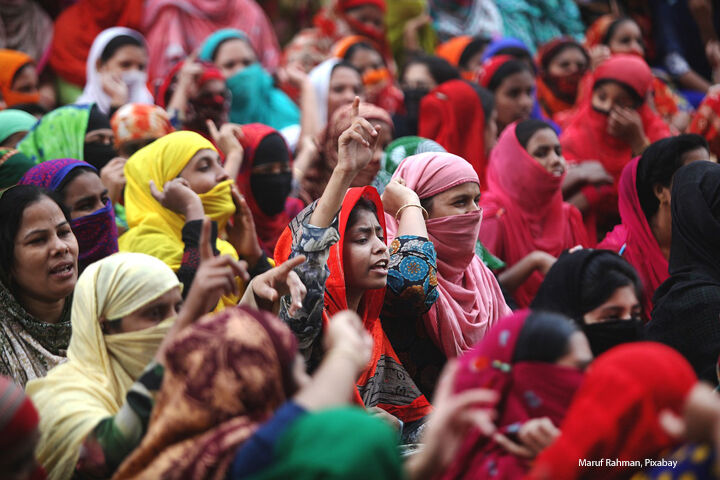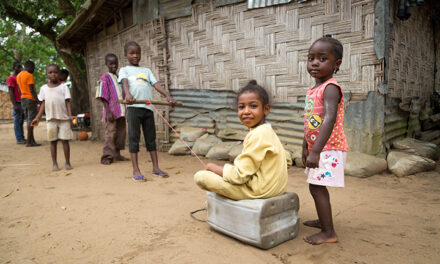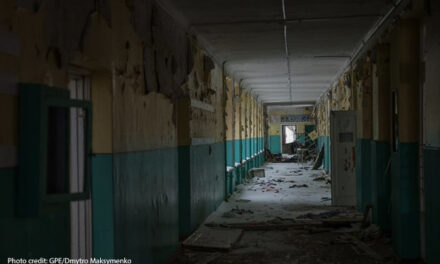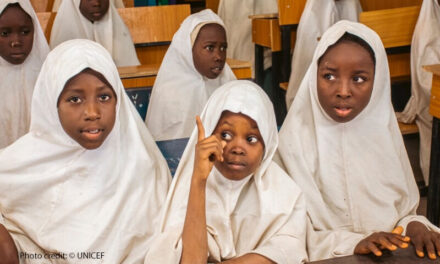This article is by the theme convenors of one of six 2023 UKFIET conference themes, ‘Decolonisation, politics, knowledge and power’: Máiréad Dunne, Professor of Sociology of Education, University of Sussex, and Bukola Oyinloye, Research Associate, University of York. This is published in the lead up to the September 2023 conference to help participants decide which sessions to attend.
What excites you about your theme?
This is the first time a sub-theme on Decolonisation has featured in the UKFIET conference. While long overdue, it is the potential to ‘disrupt’ and offer reconfigurations of the field that excites us the most. Our sessions engage critically with the colonial matrix of power and the way it operates through knowledge, theory and practice in education and development. These sessions also constitute part of the collective effort to decolonise, offering opportunities to change the ‘gaze’ and open new horizons informed by the values, ideas and testimonies from a diverse range of communities and contexts.
Our sub-theme includes sessions that are conceptual, empirical and practice-oriented, and we are excited about the breadth and depth of ideas they propose towards reconfiguring the field of education and ‘international development’ with different logics, understandings and imaginaries.
How does this link to the overall 2023 conference theme?
Decolonisation, politics, power and knowledge are at the heart of efforts for social and environmental justice. Analyses of, and resistance to, the colonial matrix of power are crucial for conceptualising and framing ways of working towards justice and sustainability. The entanglements of colonialism with the intersecting fields of education and ‘international development’ are fundamental to understanding the social, environmental and economic crises of our times. Understanding these relationships is also vital for generating fresh approaches for mitigating or circumventing these crises. The conceptual, empirical, political and practical sessions within our sub-theme are central to new understandings and approaches in the field and highly significant to the conference theme as a whole.
What kind of sessions/ papers can we expect to find under your theme?
The sessions in our sub-theme focus on the workings of power/knowledge in historical and contemporary contexts. Taken together, they provide a comprehensive array of issues and concerns relevant to education globally. These include attempts to reformulate theory, to question conceptual orthodoxies and to transform systems, policies and practices that are integral to decolonisation. The sessions cover an enormous range from local level knowledges and practices, to national and global systems; from a focus on resistance and protest, to efforts to transform for sustainable social justice; from theoretical critique and analyses to methodological innovation.
These all remind us of the depth and breadth of the ramifications of colonialism and coloniality that include and yet move beyond postcolonial states and their national education systems to include the politics, policies and practices of gender, race, ethnicity and religion among other symbols of difference. The effervescence of the contributions and insights offered by the sessions in the sub-theme signal and reassert the importance of intellectual and practical efforts towards decolonisation. In this vein, we are especially delighted with the diversity of the session presenters and chairs as appropriate to the topic of decolonisation.





